Using storytelling to build psychological safety | Best Practice by EY
To become more diverse, equitable and inclusive, EY harnesses the power of psychological safety. The consulting firm does that through the oldest and most powerful tool for connecting people – storytelling. Relax and listen to the story of how EY launched storytelling and how this tool is changing leadership behavior – a true cultural shift.
This Best Practice was first published in the Gender Intelligence Report 2022.
Over the past few years, our Diversity, Equity and Inclusion journey has evolved significantly. We have worked to promote diversity and inclusion on many levels (see our previous Best Practices Re-writing the leadership norms; Inspiring EY leaders to be accountable for creating an inclusive culture). In 2022, we take further steps toward our long-term goal of gender equality across all ranks. Our leadership team is fully committed to gender equality and to driving required changes – a great opportunity to embed even more inclusion in our organization.
We use storytelling to engage leaders and create a psychologically safe work environment that is an important condition to reaping the benefits of diversity and making inclusion and equity a reality.
But changing behavior is difficult, especially if the need to change is for someone else. By making the change relational, people are differently engaged and committed to change. Storytelling is one of the most powerful forms of communicating and connecting with people. Stories grab our attention, raise empathy and open new perspectives. And the stories of our female talents are compelling.
We use storytelling as a tool for these key objectives:
To help the stories of our women to be told and heard, we embedded storytelling into our 3-part leadership development initiative: raise awareness, look through a different lens, and make building psychological safety part of leadership norms.
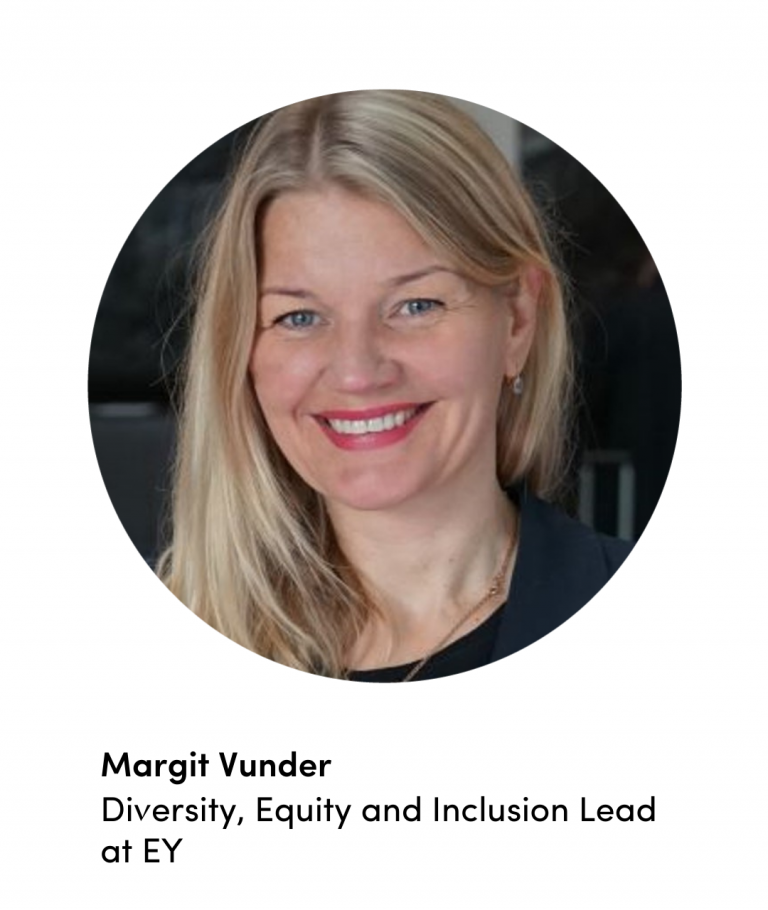
Diversity, Equity and Inclusion Lead at EY
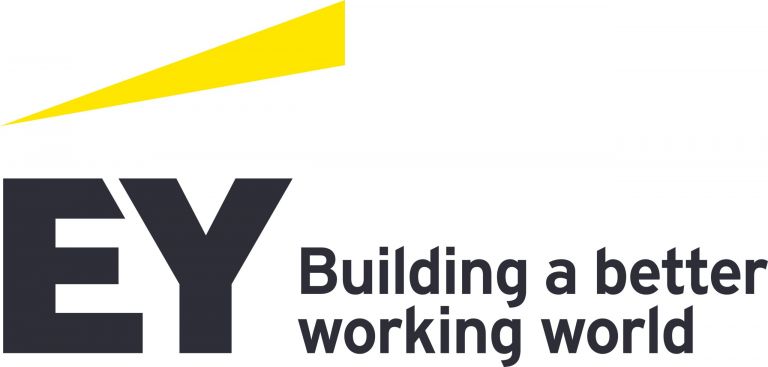
One of the obstacles that keeps us from achieving greater diversity, equity and inclusion is our tendency to want to fix things (action bias). Here this sought-after leadership characteristic can prove to be a double-edged sword and keep us from doing the ‘right’ things.
The tendency is to focus on ‘fixing’ people by telling them to feel differently, see things differently, act differently. We fail to listen to and understand why they feel the way they do. We rarely ask what they might need to help the situation at hand, but rather rush to provide advice, generally driven from our own experiences. What was well-intentioned leaves people feeling unheard and worse, misunderstood. As a result, they become less and less confident in expressing their opinions or sharing their feelings.
We recently held a 2-hour virtual workshop for our extended leadership team members to develop awareness around the action bias and to provide them tools and ideas on how they can adjust their reactions and behaviors when confronted in such situations.
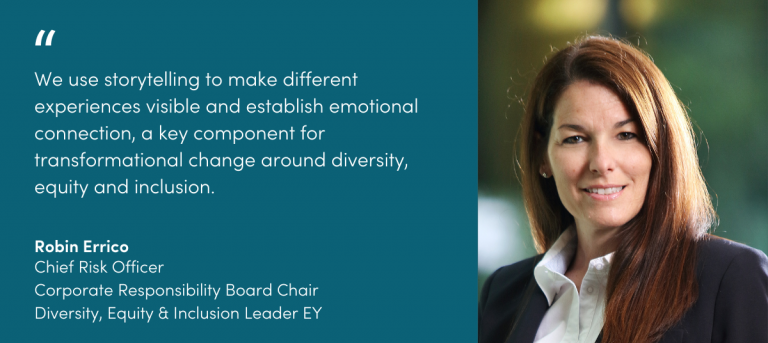
The content of the workshop included data on diversity performance (retention, promotion), storytelling (two women and one man who shared how flexible working works for them) and role-playing (learning to listen to people, hearing them out, and understanding them rather than trying to ‘fix’ them) – an eye-opening experience according to the feedback received from our leaders. “I always considered myself a leader who embraces and promotes diversity. Hearing the stories of our people made me realize that I was often viewing the world from my perspective and not from the perspective of the other person. This workshop has given me the tools to become a more inclusive leader”, finds Andrew Gallacher, Partner, looking back.
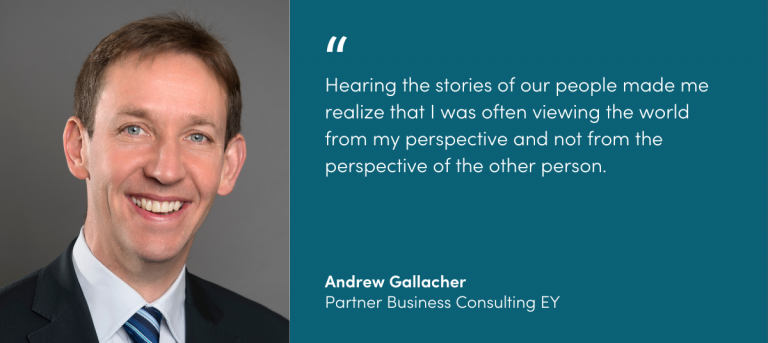
As a second step, we invited 20 male leaders to participate as audience members at our 3-hour virtual female leadership development event called POWER Up, where the 80 women shared their experiences and perspectives on topics such as projecting confidence, owning their careers, widening networks, elevating communication and realizing purpose. The male leaders found listening to these stories eye-opening. According to the feedback received, understanding why this really matters for female colleagues leads to a different motivation and commitment to adjust one’s own behaviors and mindsets.
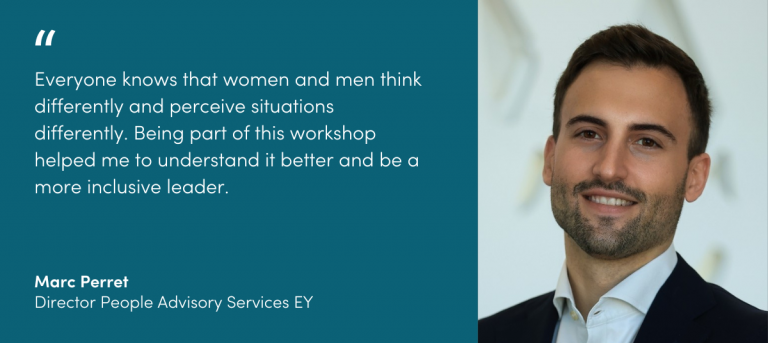
We are currently promoting and creating platforms to raise awareness of the action bias and enable storytelling throughout the organization at all levels. For example, we have implemented a mentoring program, focus group sessions, and speak-up agreements in advance of performance and promotion reviews. By doing so and by consistently applying the 3 steps for building psychological safety – as suggested by Amy Edmondson and sited in our last year’s BP, Re-writing the leadership norms being available and approachable for open discussion, explicitly asking for input and feedback, and modeling openness and vulnerability – we are able to embed leadership behaviors that transform our culture to one that values and unlocks the power of inclusion, equity and diversity.
Accessibility means that leaders overcome their action bias and become open to listening to people’s stories. Inviting input means leaders must explicitly invite women to share their experiences (women generally do not tell unless men ask). Asking for input makes the other person feel valued and respected. Modeling openness and vulnerability refers to the leader’s behavior that sets the tone for acceptable behavior within the team. For example, if leaders are reticent and their behavior indicates that certain topics are better not discussed, others will follow their lead. Explicitly showing vulnerability can help break down counterproductive barriers created by gender norms and differences.
Storytelling as a tool has been very well received at EY. It was an eye-opening experience for our leaders. And it also showed the importance of an inclusive choice of words. Using storytelling as a tool is something that everyone at every level can do, inside but also outside of an organization, to help women thrive and succeed. According to David G. Smith and W. Brand Johnson, authors of ‘Good Guys: How Men Can Be Better Allies for Women in the Workplace’, asking the following questions can be helpful for men:
And women, too, can accelerate inclusion, equity and diversity in the workplace through their behavior and choice of words:
Each of us has the power to join conversations where stories can be told and heard. Each of us can stand up, speak out, and take action for inclusion, equity and diversity. Stay tuned for more chapters of EY’s story to come in next year’s Best Practice!
Margit Vunder kindly makes herself available for an exchange to interested Advance member companies. Feel free to contact her at margit.vunder@parthenon.ey.com.
For further reading on the subject ‘Inclusion requires the majority to adapt their attitudes and behaviors to allow the minority to be heard’, find the whitepaper at MindGym.
This Best Practice was first published in the Gender Intelligence Report 2022.
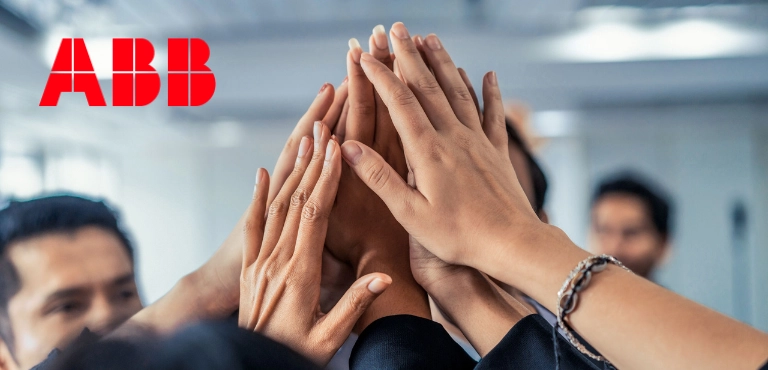
ABB Switzerland is transitioning from traditional “Disability Management” to a strength-based “Ability Management” approach in health promotion. The company aims to significantly reduce absenteeism. Related targets will be integrated into leadership performance assessments. Through initiatives like the Icebreaker campaign, which encourages open dialogue about mental health challenges, ABB has already achieved measurable improvements in psychological safety and employees’ sense of belonging.

Swiss Re launched the Career Returnees initiative in July 2024 to tap into the underutilized talent pool of professionals returning to work after career breaks, recognizing that traditional recruitment often overlooks this experienced group. The program is built on four pillars: open positions for returnees, equal pay for equal work, development opportunities and flexible work options, with explicit career returnee advertising, internal awareness and a manager support toolkit, and external outreach campaigns. Since launch, the initiative has welcomed over 62 employees across 12 countries, with 92% onboarding satisfaction and 82% upskilling satisfaction, demonstrating that career breaks occur across all genders and career stages while returnees integrate quickly and deliver effectively.

MSD Switzerland implemented a Global Job Policy in 2024 requiring all roles to be posted and introduced a structured selection processes with panel interviews to address inconsistent recruitment practices and employee concerns about unequal opportunities. The company developed competency frameworks, behavioral interview techniques, and neurodiversity-accessible assessments to counter unconscious bias and ensure fair candidate evaluation. These inclusive recruitment practices have increased diversity in hiring decisions, improved employee engagement scores, and strengthened organizational culture with better business outcomes.

dsm-firmenich launched the Mental Fitness Champions (MFC) initiative following a merger to support employee well-being during organizational transformation, training colleagues to listen to and support peers. The Global Vitality Office partnered with HSE Global to deliver a customized 7-hour peer support program based on a Canadian Armed Forces framework, training internal instructors and offering courses in six languages across 36 countries. Since launching in April 2024, the initiative has engaged 500+ colleagues in 60+ courses, with 95 certified champions in Switzerland alone, creating a peer-support network that promotes psychological safety, reduces mental health stigma, and fosters an inclusive workplace culture.
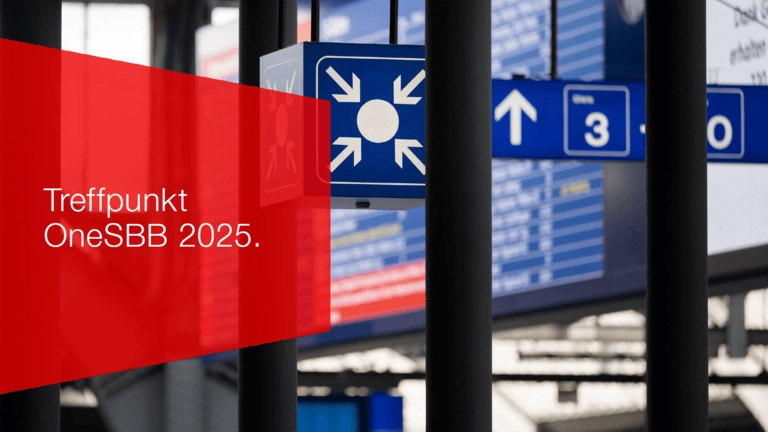
SBB established "OneSBB Meeting Points" as leadership dialogues focusing on "Value Diversity Respectfully," where around 1,000 leaders voluntarily participate in groups of 30 to discuss diversity, unconscious biases, and inclusion through peer-to-peer learning. The initiative runs from April to October 2025, featuring discussions led by top executives covering individual perspectives (bias awareness), team perspectives (case studies), and organizational benefits of diversity and inclusion. The program aims to enhance leaders' reflective abilities, foster empathy, reduce discrimination, and develop skills in conflict resolution and leading diverse teams, with outcomes evaluated through participant feedback.

Alpiq launched a leadership transformation program centered on "Secure Base Leadership" to drive cultural change in the volatile global energy market, where culture serves as a key competitive advantage. Starting with the Executive Board and cascading through the organization, the program focuses on Care, Dare, and Share philosophy, training internal ambassadors as IMD-certified coaches to foster inclusive leadership, psychological safety, and diverse perspectives. The initiative has already trained one-third of Alpiq's workforce, resulting in significant improvements including NPS scores rising from +1 in 2022 to +42 by 2024, Great Place to Work certification across all locations, and inclusivity questions ranking in the top 5 survey results.

Job sharing was introduced at Nestlé Switzerland in 2020, and after some initial challenges in factories, it was successfully implemented at Nestlé Waters Switzerland in May 2023. This initiative helped retain a valuable engineer by offering a reduced activity rate. It resulted in the company's first job-sharing arrangement in a factory setting with two engineers working at 60% capacity each. The positive outcomes have led to more job sharing pairs in factories across Switzerland, with a focus on continuous improvement and flexibility.
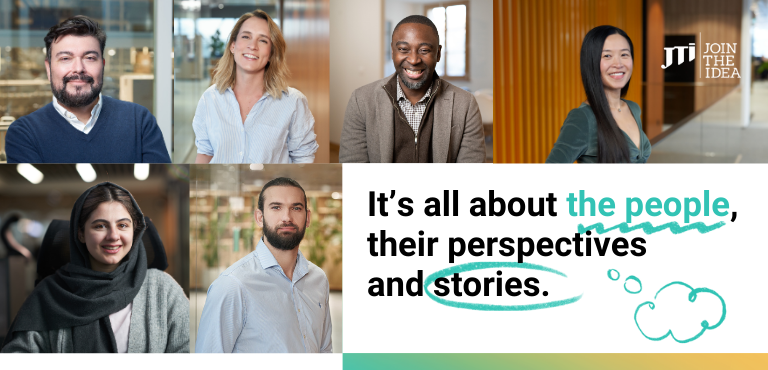
As a global organization, JTI had established several policies to support the DEI agenda and were in the process of being certified by the EY Global Equality Standard. However, they recognized the need for a more localized implementation that met the specific needs of the organization at the time. By focusing on inclusion, raising awareness around bias, and introducing initiatives like the Virtual Reality „Men in Business – In the Body of a Woman“ experience, they have started to see positive changes in conversations, employee engagement, and inclusive management across the organization.
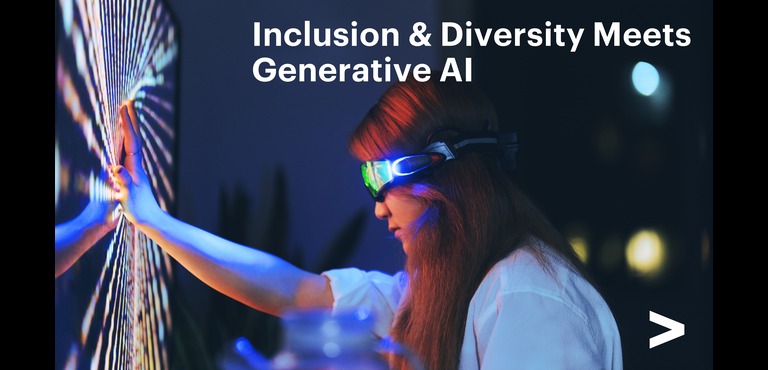
Generative AI (GenAI) is becoming increasingly integrated into our daily work, but with its use comes exposure to inherent biases. To address this, Accenture brought together experts from GenAI and inclusion to discuss these issues, focusing on promoting inclusivity through thought leadership and responsible AI frameworks. This collaborative approach aims to ensure GenAI is used responsibly and fairly, leveraging progressive governance to adapt to rapidly evolving technology.
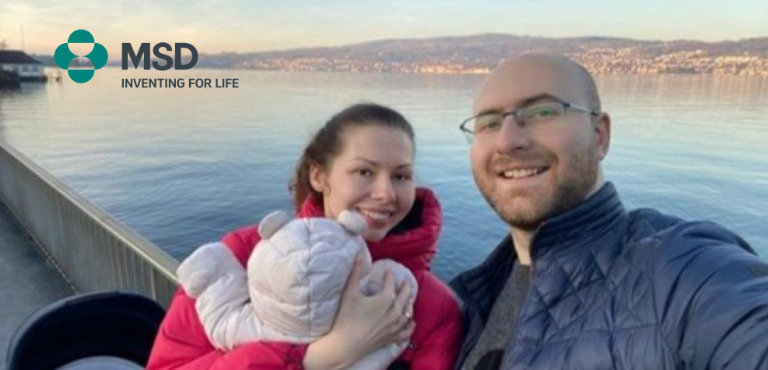
The new parental leave policy offers 16 weeks of fully paid leave to all employees regardless of gender, supporting natural, adoptive, same/opposite sex partners, and single parents. The policy has been well-received by employees, fostering equity and inclusion, supporting the transition to parenthood, and contributing to improved retention and engagement.

Unlock financial savviness with Zurich Insurance as they empower women to enhance their financial knowledge and skills. Explore the WIN Financial Awareness Program, fostering a supportive community and providing personalized services to boost financial confidence.

Experience KPMG's commitment to empowering employees through flexibility and work-life integration. Discover their diverse initiatives challenging traditional norms and supporting new parents, fostering a thriving workplace for all.